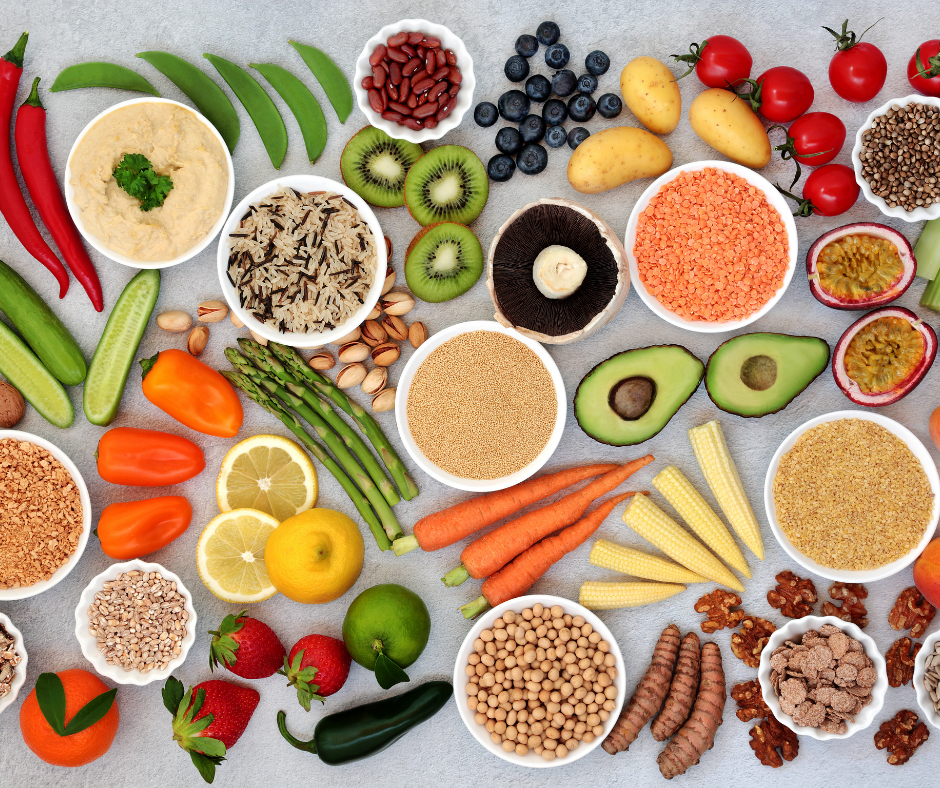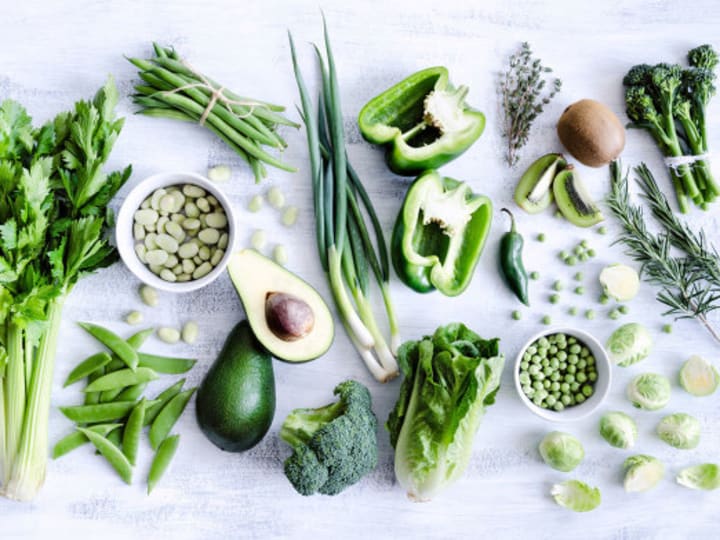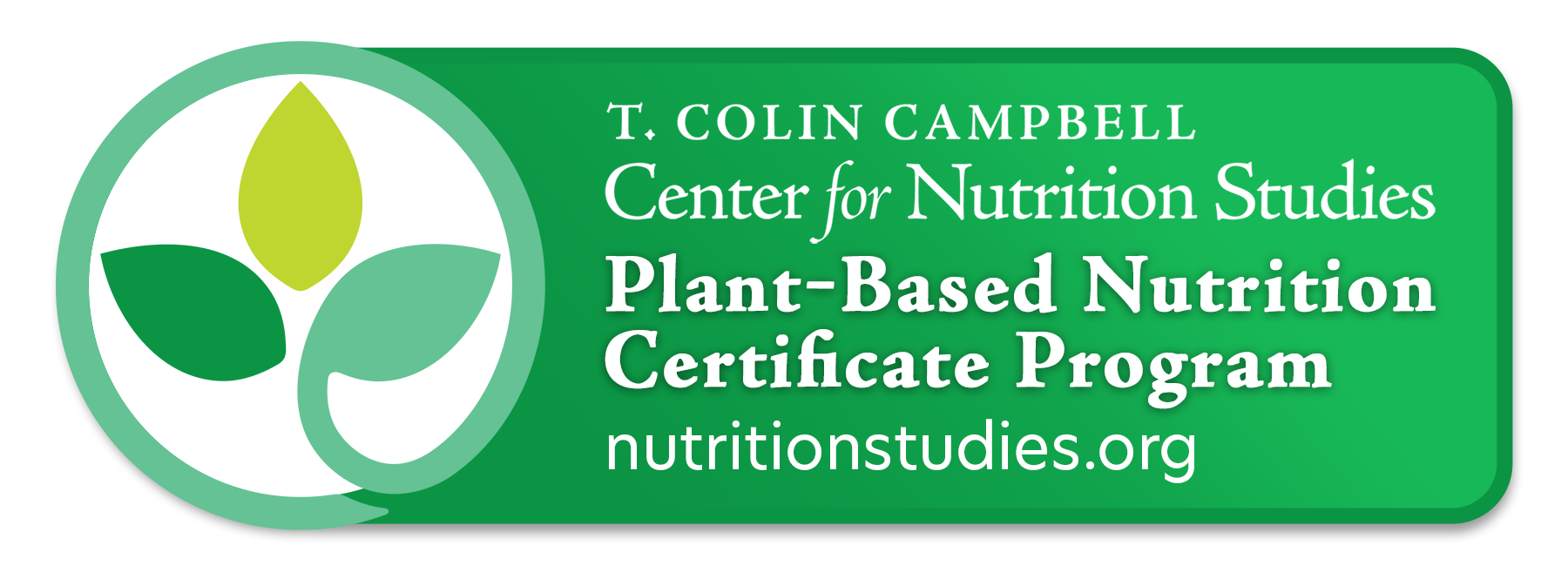Plants are chock-full of nutrients, and production of more plant food (and less animal food) could reduce global warming.
But are you missing some nutritional facts? Find out if you know these essential vegan diet facts.
Vegan Diet Facts Quiz
1. Which of these is likely to be lacking in a vegan diet?
a) Vitamin E
b) Vitamin C
c) Vitamin B12
d) Fiber
2. Beans and legumes are plant-based sources of iron. Which of these contains the most iron?
a) Kidney beans
b) Lentils
c) Lima beans
d) Chickpeas
3. Honey is a plant food.
a) True
b) False
4. Soy foods are a good source of calcium.
a) Sometimes
b) Always
c) Never
5. It's difficult to obtain sufficient vitamin D from plant foods.
a) True
b) False
6. Which of these seeds are richest in healthy omega-3 fats?
a) Pumpkin
b) Flax
c) Sunflower
7. A vegan or vegetarian diet is bound to be healthy.
a) True
b) False
Quiz Answers
c) Vitamin B12 is likely to fall short in diets made up solely of plant foods, as its main food sources are meat and fish. Some foods, including some nutritional yeasts and meat substitutes, may contain added B12, which would be listed on their labels. However, supplements of B12 are often recommended as a reliable source of the vitamin.
b) Cooked, per cup, lentils contain 6.6 mg, compared to 5.2 mg in kidney beans, 4.7 mg in chickpeas, and 4.5 mg in lima beans.
b) Although the basic material for honey, nectar, comes from flowers, it doesn’t naturally turn into honey. After bees collect nectar, enzymes and proteins in their stomachs convert it into honey, so honey is an animal product.
a) Soy foods are a good source of calcium only when they are enriched with the mineral. Checking the label of a specific product is the only way to tell whether or not it contains added calcium.
a) Fish is the main food source of vitamin D, and cow’s milk enriched with the vitamin is another. Vegetarians who eat dairy products can get vitamin D from milk and yogurt. Egg yolks, for those who eat them, are another source. For anyone following a purely plant-based diet, some plant foods have added vitamin D (check labels), and vegan vitamin D supplements are available.
b) Flax seeds, which need to be ground, are the richest plant sources of omega-3 fats. Chia seeds are a close second.
b) A diet that omits animal foods but is high in refined carbohydrates and sugar is not
healthy. A wholesome vegan diet is rich in a variety of vegetables and fruits and contains
legumes, plant sources of fats (such as nuts, seeds, and avocados), and a variety of whole grains. Some vegetarians might also eat dairy products and eggs.
Written by vera-tweed for Better Nutrition and legally licensed through the Matcha publisher network. Please direct all licensing questions to [email protected].

Vegan Recipes
Here are some of our favorite vegan recipes to help you get started on your journey.
Outstanding Vegan Sweet Potato and Black Bean Burrito Bowl
The Best Fully Loaded Vegan Plant Based Nachos
Vegan Resources
Here are some tips and resources to help you transition to a vegan lifestyle.
12 Amazing Vegan and Plant Based Egg Substitutes for Baking
The Best Sources of Vitamin D for Vegans

Stephanie Collazo, MS, CHC is the founder of Clean Food Mama, to help you get more plants into your diet. She shed 170 lbs by incorporating a whole foods plant-based diet and loves empowering other women to create healthy habits for themselves and their families.



